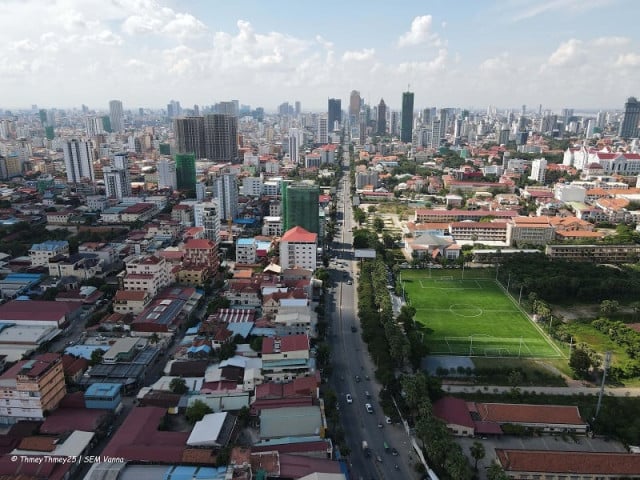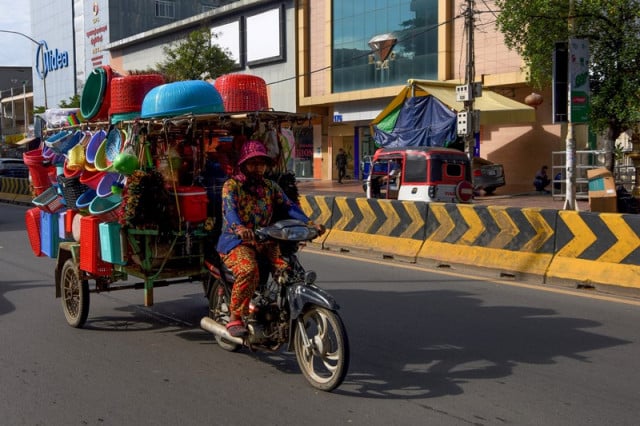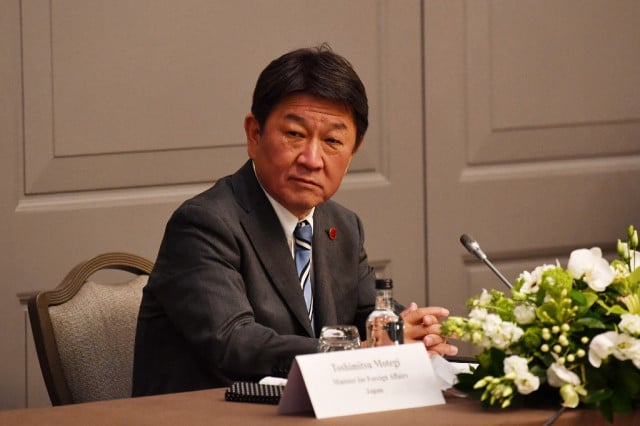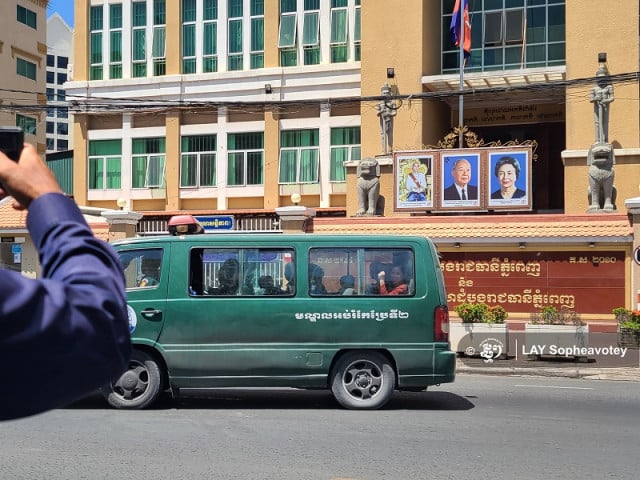Many challenges were faced during tax collection this year, said Ministry of Economy

- By Ou Sokmean
- August 11, 2023 4:00 PM
PHNOM PENH – National tax collection reached 14,202,067 million riel, or $3.5 billion, in the first half of 2023. The revenue represents 50.7% of the figure set out for the year in the Financial Law and is 7.5 points lower than in the same period in 2022.
Officials say the government is facing challenges and risks in collecting taxes, especially on capital budget and customs revenue collections.
According to the Law on Financial Management for 2023, the state has a target of $7 billion to cover annual spending.
Based on the result of the first half budget implementation of the Law on Finance for Management 2023 issued by the Ministry of Economy and Finance on Aug. 4, the implementation of income tax collection of the General Department of Taxation is not an issue.
The ministry said tax collection will reach 107.5% of the yearly plan or $3.2 billion, this year. Collection on the capital budget and the customs revenue collection, however, will be lower than the estimated amount in the Financial Law, as the government had a lot of expenses this year.
The ministry estimated the capital budget to reach $460 million, 22% lower than set out in the Financial Law, because the government allowed the Electricite du Cambodge to postpone the principle repayment and the interest to the state.
Additionally, the issuance of the state securities might be completed at $44 million, compared to $200 million planned in the Financial Law. It is also one of the challenges for the state tax collection process.
Risks affect tax collection mostly on the General Department of Customs and Excise’s revenue implementation. The tax collection might still decrease until the end of the year.
Revenue might only reach 90%, or $2.4 billion of the Financial Law in 2023 due to the dramatic decline in importing cars and vehicles — which is an important source of tax income.
Besides, the country has lost more than $400 million in customs revenue due to the implementation of free trade agreements with ASEAN countries and other partners.
The negative impacts of COVID-19 remain problematic in the economy. The prolonged war between Russia and Ukraine, geopolitical tension, protectionist policies and the trade war between superpowers have also affected the global economy, including Cambodia’s.
Government cuts in electricity costs to help people’s livelihoods and the country’s competitiveness has also caused a loss of 157 billion riel, or $38 million, according to the ministry.
In addition, domestic goods have been replaced with imported cement, alcohol-free beverages, beer and cigarettes, costing the country around 1,614 billion riel, or $390 million.
As for the stability of real estate, the sector might harm — directly or indirectly — tax collection in other relevant sectors.
The ministry estimated that the state will be able to collect nearly $6.8 billion, or 99% of the amount set out in the Financial Law in 2023, while the expenses are $7.2 billion, or 97% of the plan. For the 2023 budget, the deficit has been estimated to reach around $400 million.
In response, the state is planning to use $600 million of national savings to balance the national budget this year.
Ministry spokesperson Meas Soksensan said national savings will be used because the country is still affected by global issues, including COVID-19 impacts and inflation.
These problems have affected the livelihoods of the people for which the government is required to seek solutions, as the state has spent a lot on hosting the 32nd SEA Games in May, the 12th ASEAN Para Games in June, and the 7th mandate election in July.
“The national savings of $600 million is the additional amount that the government has added to the budget used for the national interventions, such as what we did during the COVID-19 outbreak and inflation. We keep it for helping citizens,” Soksensan said on Aug. 8.
National savings will be used to support the economy during crises and interventions for the people.
“The reason we need this additional budget is because the income flow in the country is not enough to cover the state additional expenditures on priority interventions for the people,” the spokesperson said.
Originally written in Khmer for ThmeyThmey, this story was translated by Meng Seavmey for Cambodianess.















